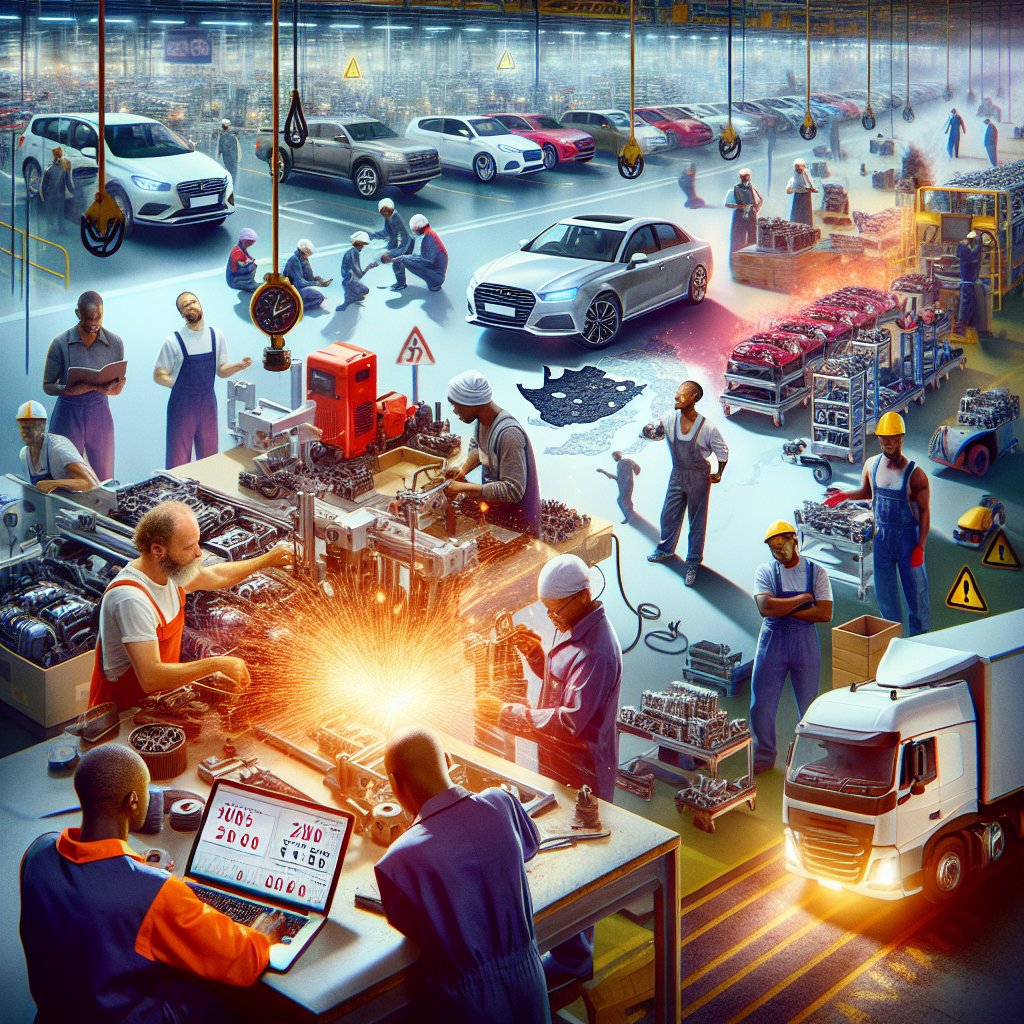Image: AI generated for illustration purposes
Ford Africa President Warns: SA Motor Industry at Risk Amid Logistics and Energy Crises
The South African automotive manufacturing sector, which forms a significant part of the national economy, has been signaled for facing critical challenges that could jeopardize its future. Ford Africa president Neale Hill starkly warned that the persistent logistics and energy crises are setting a dangerous trajectory for the industry.
The alarm sounded by Hill intersects with opinions voiced by other industry leaders, such as Volkswagen Passenger Cars CEO Thomas Schaefer, expressing concerns over South Africa becoming less appealing for car manufacturing. Load-shedding, rising labor costs, and disruptions with state-owned enterprise Transnet are cited as pivotal factors propelling this narrative.
Hill underlined the widespread impact of the crises at the launch of Ford Puma in Cape Town. The concern pivots on anticipation that current investment decisions could unfavorably affect South Africa, with effects expected to surface in the next five years. Ford, like many motor manufacturers in the country, relies on imported components, and setbacks in procuring these parts and exporting completed products could prove disastrous.
Ford’s stringent situation—being forced to source components via expensive air freight to maintain its Silverton factory's production—is just one example of the extensive complications faced by the sector. The woes at ports across the nation, highlighted by Hill, illustrate a grim picture of logistical inefficiencies, with a staggering backlog at Durban harbour taking center stage.
With an investment exceeding R21bn to enhance its Silverton plant for the new Ranger model, Ford demonstrates its commitment to its South African operations. However, the automotive industry at large feels the strain as it grapples to maintain international market relationships amid the country's unfolding issues.
Transnet's dilemmas notably resonate with the crises faced by Eskom, underlining a pattern of falling reliability in South Africa’s critical infrastructure. Despite not seeing an immediate cessation of its local operations, Hill warns that if the country's risk profile doesn't improve, the industry might miss out on future investment opportunities.
The national implications go beyond the potential loss of a manufacturing sector; it also raises concerns about pricing for consumers. The eradication of local vehicle production would hike up imported car prices by an approximate 25%, considering the loss of export credits.
Contributing around 5% to the GDP and being directly responsible for more than 33,000 jobs within the manufacturing sites—and several hundred thousand along the supply chain—the automotive sector’s stability is instrumental for the country's economic health. With over half a million vehicles produced in 2022, intended for markets worldwide, it’s clear that the stakes are exceptionally high.
South Africa's government and the relevant enterprises must recognize the urgency and work collectively to resolve the power crisis and revitalize the freight and rail networks. The automotive industry, a cornerstone of the nation's industrial foundation, depends heavily on the functionality of these systems.
This call to action highlights the imperative need for swift, effective strategies and renovations to prevent the potential downturn of one of the country's most valuable industries and to protect the livelihoods that depend on it.










